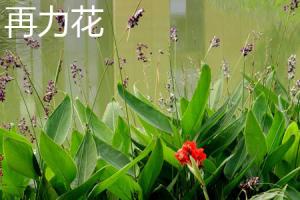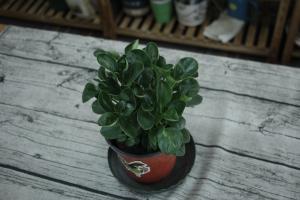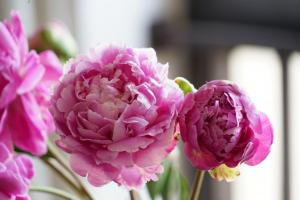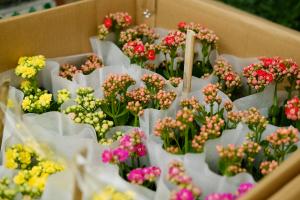Do Indoor Plants Need More Water in Winter?
As the temperature drops and the days become shorter, many indoor plants begin to slow down their growth and enter a period of dormancy. During this time, some plant owners may wonder if their plants require less water than normal, or if they should increase their watering regime to compensate for the dry indoor winter air.
The Effect of Winter on Indoor Plants
The dried air from indoor heating can affect indoor plants in numerous ways. The air inside homes during winter usually has less humidity than in the summer. This reduced humidity can lead to the soil in flower pots drying out, harming plant roots and preventing them from absorbing essential nutrients efficiently. The reduced light from shorter winter days also slows down the rate of photosynthesis, reducing plant growth and causing them to require less water than before.
Factors to Consider When Watering Indoor Plants in Winter
Although the slow growth of indoor plants during winter means that they require less water, it is still essential to observe the plants’ condition and adjust the watering regime accordingly. Variations in temperature, light intensity, and air humidity will cause variations in the plants’ water requirements. Therefore, it is best to taper off watering indoor plants during winter rather than stop them altogether.
Another factor is the type of plant, which can vary in their water requirements. Some indoor plants, such as cacti and succulents, store water in their leaves and stems and are capable of surviving extended periods without watering. Other plants such as ferns, peace lilies, and other tropical plants require regular watering and may show signs of stress if left dried out for prolonged periods.
How to Water Your Indoor Plants during Winter
A key tip for watering indoor plants during winter is to water them less frequently, but more deeply. This method of watering ensures that the water reaches the roots where it is needed most. It is also essential to use lukewarm water and avoid watering plants during the evening. Watering plants in the evening can result in the air becoming excessively damp, which can lead to root rot, a condition that can be fatal for most indoor plants.
Another tip is to monitor plant health and adjust watering frequency accordingly. Check the soil frequently and only water plants when the soil is dry to the touch, and the plant leaves begin to droop. In contrast, over-watering indoor plants can also harm them, leading to root rot or other moisture-related problems.
Conclusion
Indoor plants require less water during winter than in other seasons, so it is essential to adjust your watering regime to suit your houseplants’ needs. Beyond this, it is vital to monitor your indoor plants’ health to spot any signs of stress or decay and adjust your watering if necessary. Although it may take time to master the art of watering indoor plants, the rewards of a healthy, vibrant indoor garden are well worth the effort.

 how many times do yo...
how many times do yo... how many planted tre...
how many planted tre... how many pine trees ...
how many pine trees ... how many pecan trees...
how many pecan trees... how many plants comp...
how many plants comp... how many plants can ...
how many plants can ... how many plants and ...
how many plants and ... how many pepper plan...
how many pepper plan...































